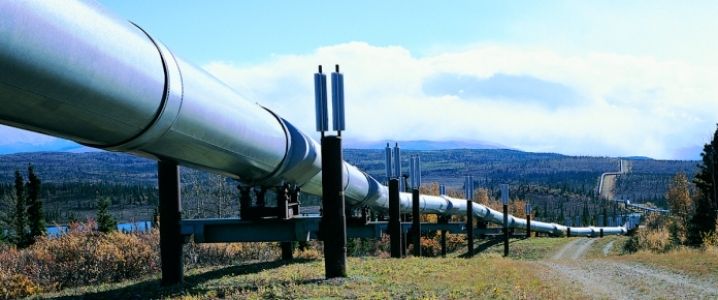The browser you are using is not supported. Please consider using a modern browser.

New England Utilities Limit Pipeline Capacity Costing Billions in Higher Rates

A new academic study posted by the Massachusetts Institute of Technology has two New England utilities under intense criticism this week. The report indicates that two utilities, Eversource and Avangrid, artificially constrained the capacity on the Algonquin Pipeline to drive up natural gas and electricity prices. The study showed that by limiting the pipeline capacity, especially on the coldest days of the winter, resulted in New Englanders paying $3.6 billion in higher energy prices over the last 3 years.
University researchers working with the Environmental Defense Fund found that local gas distribution utilities owned by Eversource and Avangrid regularly scheduled more gas than they needed on the Algonquin Pipeline in Connecticut and Massachusetts. They would then cancel part of the order later that same day, too late for that space to be resold. The resulting loss of capacity drove electricity and natural gas prices higher.
Industry experts say that even a 1-2% decrease in capacity on the Algonquin Pipeline can have a huge effect on energy prices. During the last 3 years, Eversource and Avangrid artificially constrained the pipeline capacity by up to 7% on numerous occasions. The study estimates that this reduced capacity led to a 20% price hike in electricity rates and 38% hike in natural gas rates over the 3-year timeframe.
“If this analysis is correct, honestly, this isn’t a whole lot short of Enron,” said Andy Weissman, senior counsel at the Washington, D.C., law firm Pillsbury. “If customers really paid $3.6 billion as a result of withheld capacity, that is a big-time scandal that is going to lead to huge litigation.”
The pattern of scheduling capacity and then canceling part of it picked up during the winter months the report showed. Eversource seemed to start this pattern in the fall and cease in the spring while Avangrid was more spread out during the year. The study also shows that the two utility companies would do this regularly on the coldest days of the year, including the polar vortex of 2013 and 2014.
However, Eversource officials called the report “a complete fabrication” and denied engaging “in any behavior to underutilize capacity to ‘artificially constrain capacity.” They also claim that the purchasing and canceling of capacity is not uncommon practice and is based on their customer’s needs only. Avangrid has yet to comment on the report.
The report states that it doesn’t appear the utilities broke any contract laws or market rules by constraining the pipeline. However, if the findings are true, many lawyers feel they could amount to violations of federal law. If charges are filed, it could amount to one of the biggest price manipulation scandals by a utility in US history.